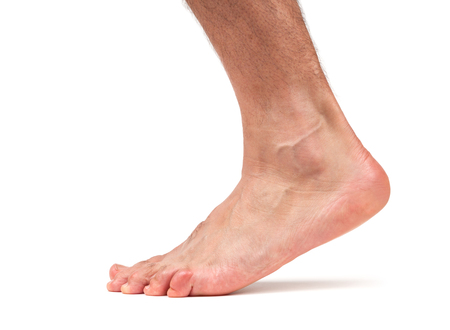
Many of us take for granted the incredible anatomy of our feet. In each foot, there are 26 bones, 33 joints, and more than 100 muscles, tendons, and ligaments, meaning that the two feet together account for more than 25% of the total bones in the body! It is rather remarkable that all of these structures are assembled in a relatively small area to provide us with support, balance, and mechanical function.
Essential to protecting the intricate anatomy of your feet is choosing the right footwear. Without it, certain areas of your foot may be subject to pressure or irritation, which could cause damage in the long run. Check for the following 4 features in your next pair of shoes to make sure the main areas of your feet are fully supported:
- A deep heel cup: Although it may not look like it, your heel is not flat—it is rounded! Therefore, your footwear should have enough of a curve to cradle your heel. This will ensure that your foot is in its most stable position before each step.
- Arch support: The arch of your foot is not supposed to make complete contact with the ground, but it can collapse under the weight of the body if it is not supported. Some shoes have built-in arches to maintain the natural shape of the foot.
- A “metatarsal dome”: The bones that form the ball of your foot—the metatarsals—have a slight arch that also requires support. A metatarsal dome helps to prop up this arch so that no abnormal pressure points form.
- Thick soles: You do not want your feet to have to do any work to keep your shoes on, as this results in tears to tissues and muscles. Thick soles act as a shock absorber between your feet and the ground below.
Some of the most common foot and ankle injuries can be attributed to the shape of the foot, and though you cannot control your genes or certain traumas, you can control your choice of footwear. At Syracuse Podiatry, board-certified podiatrist Dr. Ryan L. D’Amico will work with you to prevent the onset of plantar fasciitis, heel pain, hammertoes, and more. Patients of all ages in Onondaga County and Central New York are encouraged to contact us or call us at (315) 446-3668 for questions or for appointments!
